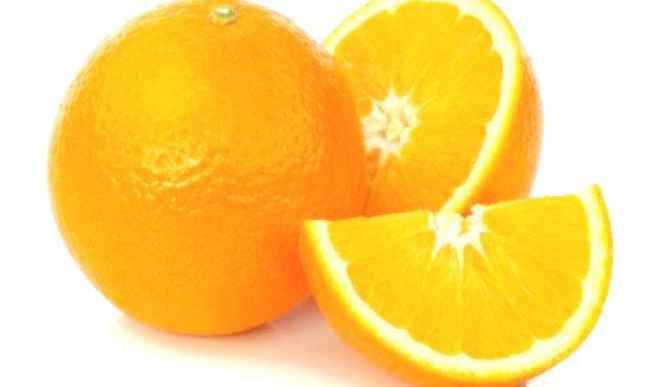Orange juice reduces risk of dementia, study finds
A study has suggested that drinking a glass of orange juice every day could significantly reduce one’s risk of getting dementia by 50 percent. Dementia is a disease characterized with a progressive deterioration in the cognitive (thinking, reasoning, knowledge), personality and intellectual functions of an individual , and is associated with decline in activities of […]

A study has suggested that drinking a glass of orange juice every day could significantly reduce one’s risk of getting dementia by 50 percent.
Dementia is a disease characterized with a progressive deterioration in the cognitive (thinking, reasoning, knowledge), personality and intellectual functions of an individual , and is associated with decline in activities of normal daily living of conscious patients.
Scientists have been trying to find a cure for the memory robbing disorder for years.
The study, published in the journal Neurology, found that men who drank a small glass of orange juice were 47 per cent less likely to have difficulty remembering, following instructions or navigating familiar areas.
It tracked almost 28,000 men for twenty years to examine how their fruit and vegetable consumption affected their brain power.
According to Dr Hannah Gardener, a researcher at the University of Miami, who wasn’t involved with the research, fruits and vegetables are rich in vitamins and nutrients, including antioxidants, that can help protect the brain.
The new study lends support to the importance of a healthy diet in staving off the degeneration of the brain which comes with old age.
Lead study author Changzheng Yuan said long-term intake of veg, fruit and orange juice ‘may be beneficial’ for maintaining cognitive function.
Participants in the Harvard University study answered questionnaires about what they ate every four years. The researchers sorted the men – aged 51 on average at the start of the study – into five groups based on their intake of fruit and veg.
The group with the highest consumption ate about six servings of vegetables a day, compared to two servings for the group with the lowest consumption.
To measure how this affected brain health, the researchers took tests of thinking and memory skills when the men were 73 years old, on average. The tests asked things such as whether the men could remember recent events or items on shopping lists.
Overall, 6.6 percent of men who ate the most veg developed poor cognitive function and performed badly on the tests, compared with 7.9 percent of men who ate the least.
Fruit consumption, overall, didn’t appear to influence the risk of moderate cognitive problems. But drinking orange juice did, according to the research.
Ms Yuan said: “The protective role of regular consumption of fruit juice was mainly observed among the oldest men.”
“Since fruit juice is usually high in calories from concentrated fruit sugars, it’s generally best to consume no more than a small glass (four to six ounces) per day.”
